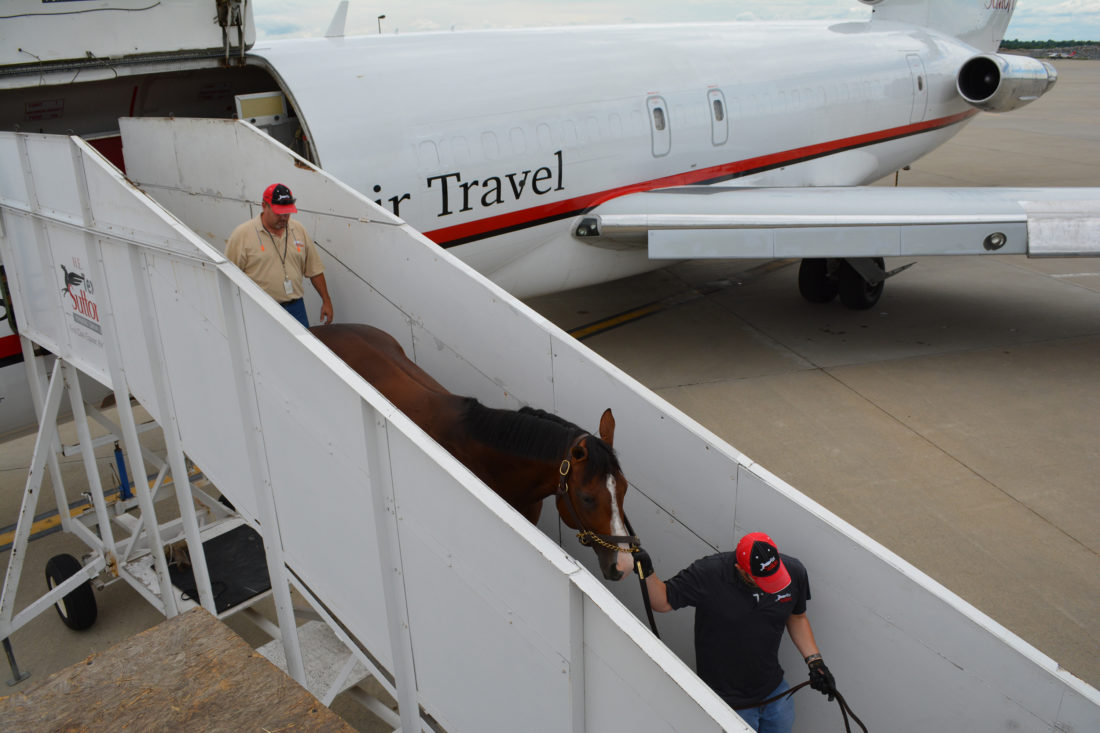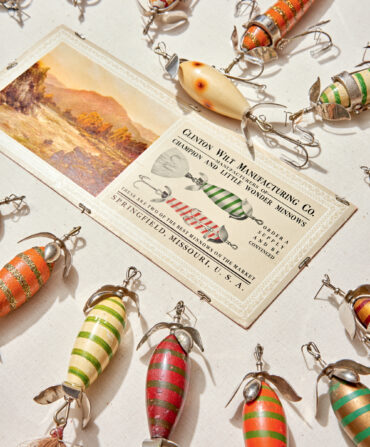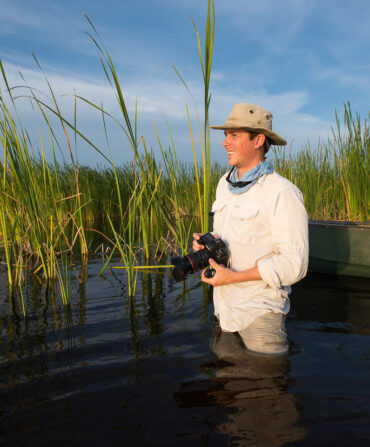To travel like a Kentucky Derby racehorse is truly to move in rarefied air. Because like many other top athletes, they don’t wait in long security lines, squeeze into cramped spaces, or take off their (horse)shoes. Instead, many of the Thoroughbreds—along with their entourages of personal grooms, emotional support ponies, and, sometimes, even companion goats—lift off and touch down in a Boeing 727 cargo plane nicknamed “Air Horse One.”
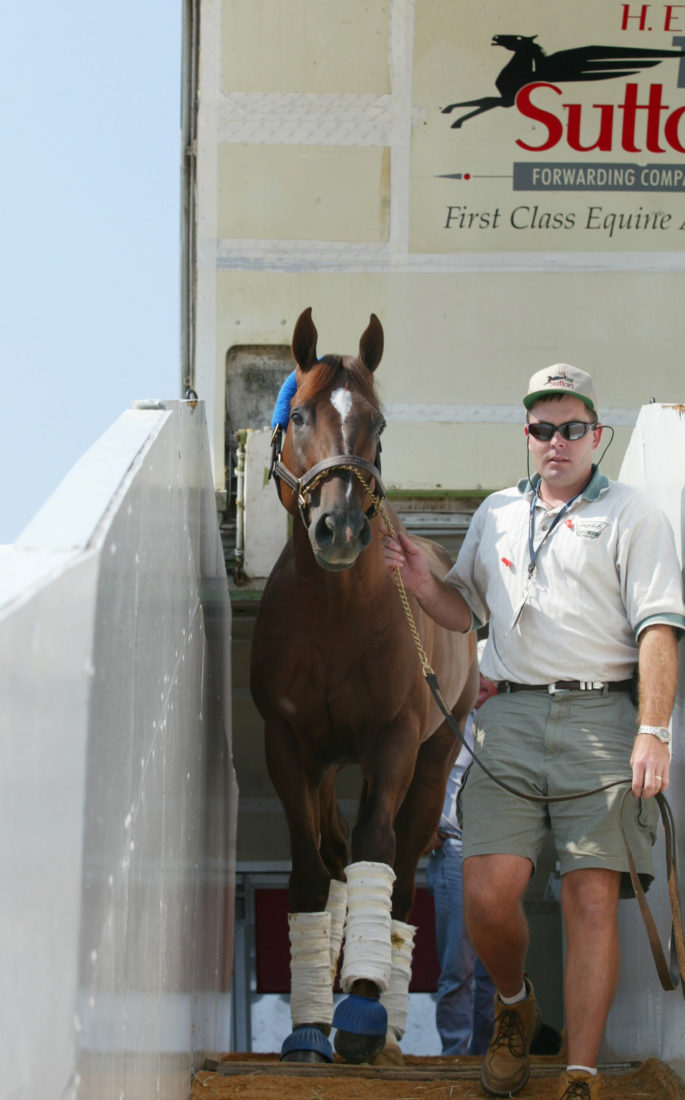
Photo: Courtesy of H.E. Sutton Forwarding Company
Congaree, with Mike Payne, arrives at the Blue Grass Airport in Lexington, Kentucky.
Coordinated by the Lexington, Kentucky–based H.E. Sutton Forwarding Company—one of the top carriers of racehorses in North America—along with operating partner Kalitta Charters II, Air Horse One can transport up to twenty-one horses from popular track-adjacent destinations such as West Palm Beach, Florida; Ontario, California; and Islip, New York. Most Derby contenders fly into Louisville or Lexington a week or more before the race, says Rob Clark, the company’s president—Clark estimates that this year, Air Horse One will convey about half of them.
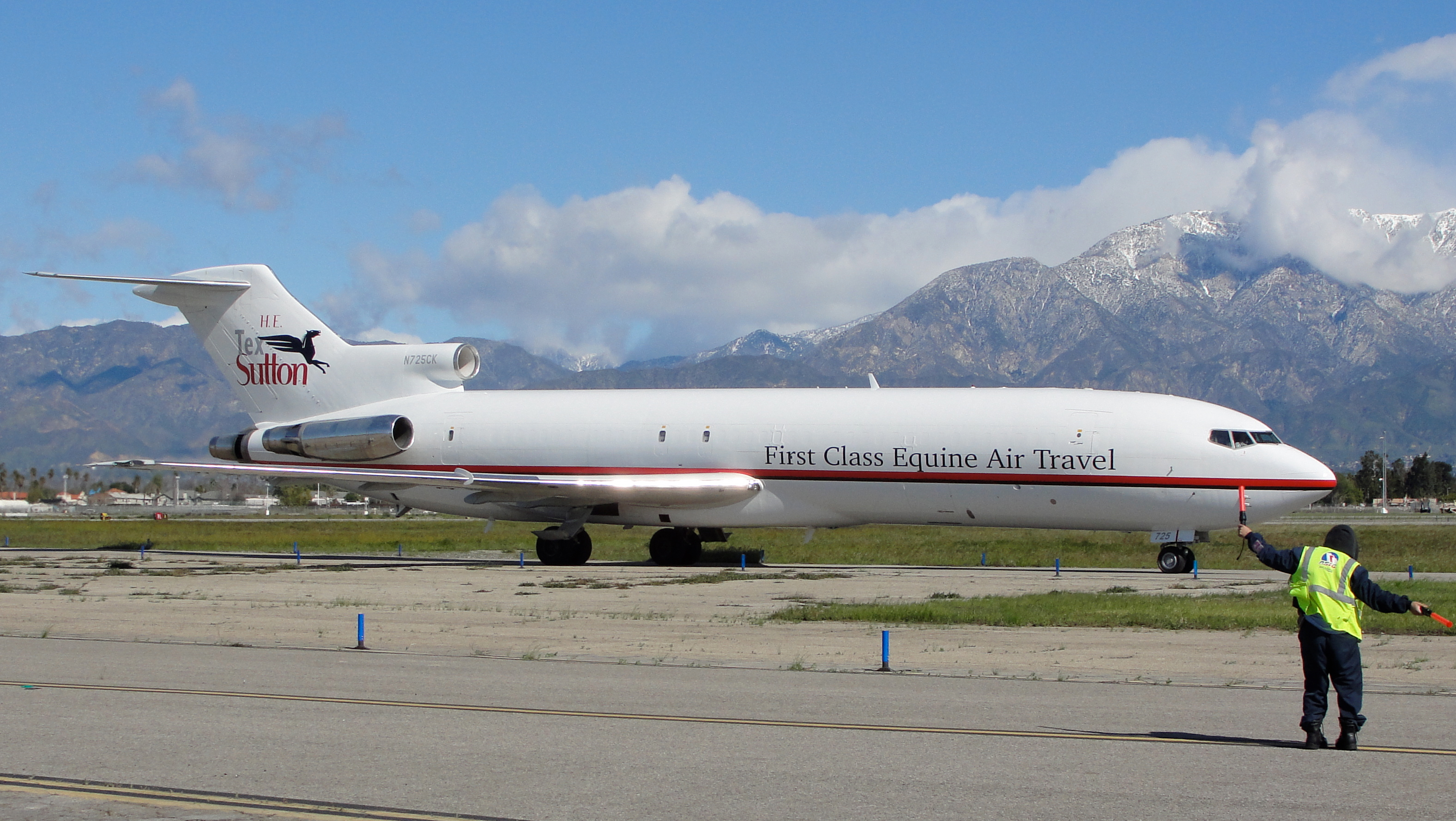
Courtesy of H.E. Sutton Forwarding Company
When colts and fillies arrive for their flights, five expert horse handlers lead the 1,000-plus-pound passengers directly from their vans, up a ramp, and onto the plane. They quickly build lightweight modular stalls around each horse, two or three per row. No need to struggle down a narrow aisle to the bathroom; layers of special flooring are under hoof.
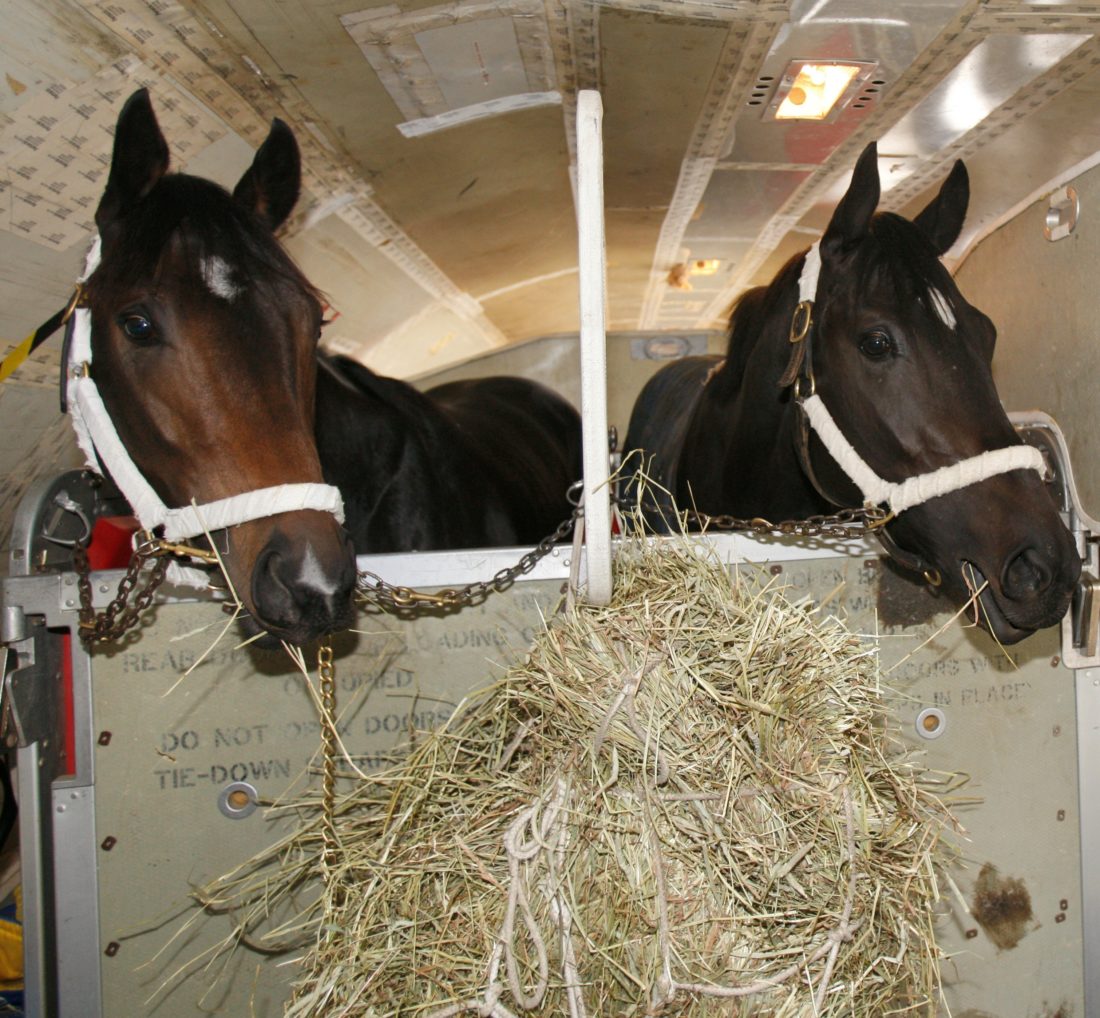
Photo: Courtesy of H.E. Sutton Forwarding Company
Two passengers on Air Horse One.
Clark says most horses don’t fear flying. The crew routes the plane to avoid turbulence, makes extra-gradual ascents and landings, and offers “light snacks” of hay and water. “Our guys are very good at calming the horses by talking to them, petting them, and relaxing them,” says Clark. “Just good old horsemanship.”
Before the 1960s, time and stress-inducing train and trailer travel limited horses to regional racing. The advent of equine air travel changed the industry, and racehorses now travel internationally—the $3,250 to $4,950 tab deemed well worth it when horses arrive relaxed and ready to run. Clark says Triple Crown winner American Pharoah was a top frequent flyer on Air Horse One before he retired, jetting between his home stable in California and racetracks around the country. Elite status, indeed.
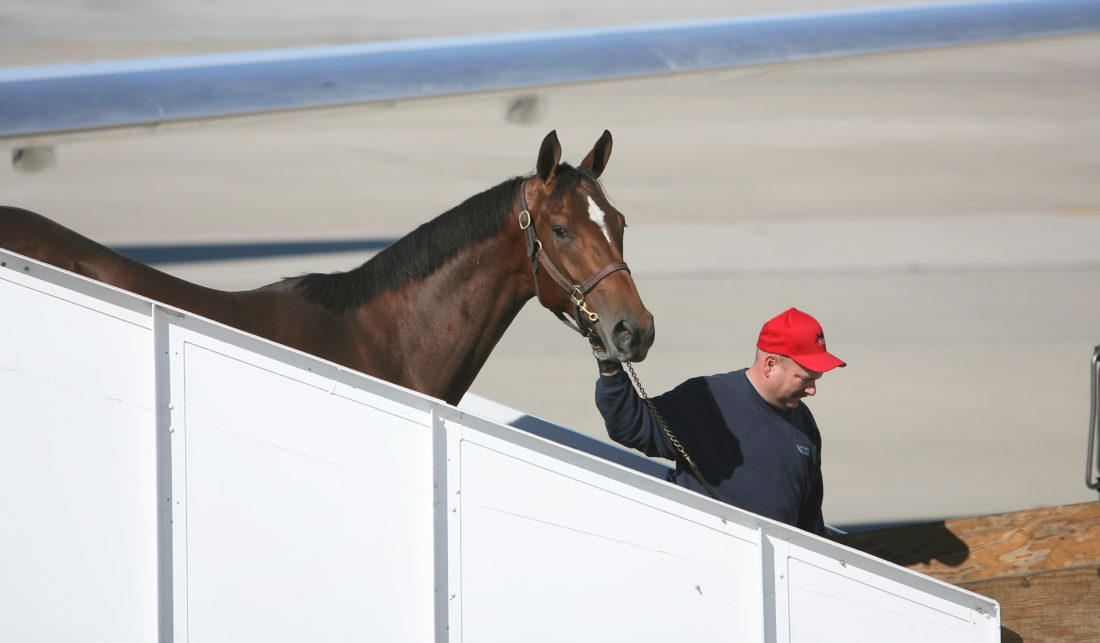
Photo: Courtesy of H.E. Sutton Forwarding Company
De-boarding.


